‘A therapist criticizing AI therapy? Obviously they're just protecting their profession.' Fair point. But as an RSW, my real concern isn't competition. It's the pattern our profession is seeing. Clients are coming to us after AI apps missed critical warning signs or offered inappropriate interventions for serious mental health situations. The technology has promise, but right now, the gaps in understanding can be genuinely dangerous. So let's talk about what those gaps actually look like."
What AI therapy actually is?
When people talk about "AI therapy," they're usually referring to one of two very different experiences. Understanding the difference matters because they work in completely different ways.
Type 1: Dedicated AI therapy apps
These are apps specifically designed for mental health support. Think of them as digital tools that use therapeutic techniques in a structured way. Popular examples include:
Abby
Earkick
These apps are built around established therapeutic frameworks. They often describe themselves as tools for managing anxiety and tracking mood, offering real-time emotional support through text-based conversations.
Type 2: General AI chatbots used for emotional support
This is when people turn to general AI systems like ChatGPT or Claude for mental health conversations. They might type something like "I'm feeling really depressed lately, can you help me?" and have extended conversations about their problems.
These AI systems weren't specifically designed for therapy, but they're trained on vast amounts of text that includes therapeutic content. So they can often provide what feels like supportive, understanding responses.
The appeal is obvious
Both types offer something traditional therapy can't: instant availability. Whether it's 3 AM anxiety or a lunch-break crisis, AI is always there. For many people, especially those who might never seek traditional therapy, these tools provide their first experience with mental health support. To be clear, I'm not against emotional support tools, especially when mental health resources are so limited. Small amounts of AI-powered emotional support can genuinely help people cope. But here's the critical issue: these apps are fundamentally different from actual therapy, and they should never claim to be therapists at all.

Should AI be called a ‘therapist’?

Is marketing more important than professional standards?
The legal gap: Why AI therapy operates without oversight
The regulatory landscape for AI therapy apps varies sharply between countries, and in Canada some may already be operating in legally questionable territory.
The US: Slowly waking up to the risks
In 2025, several states passed laws requiring mental health chatbots to clearly identify as AI, ban the sale of user data, and, in some cases, require clinical evidence. Officials have warned that releasing therapy bots could amount to “unlicensed practice.” But without federal rules, regulation remains a patchwork, leaving many apps to self-regulate.
Canada: Where AI "therapists" may already be breaking the law
Canada generally has even stricter rules, which vary by province. In Ontario, only regulated professionals registered with a provincial body (e.g., CRPO, OCSWSSW, CPSO, CPO, CNO, COTO) can legally perform psychotherapy, a “controlled act” under the Regulated Health Professions Act. Apps that market themselves as “AI therapists” while providing therapy-like services may be violating provincial law.
Privacy and confidentiality gaps
Canadian laws like PIPEDA and Ontario’s PHIPA set strict rules for handling personal health information, and licensed therapists must meet even higher confidentiality standards. Many AI apps instead use tech-style privacy policies that allow broad data sharing, which fall far short of therapeutic confidentiality.
The marketing vs. legal disclaimer contradiction
Here's the particularly problematic part: these apps heavily market themselves using therapeutic language and titles, but then hide behind legal disclaimers in their terms of service stating they don't actually provide therapeutic services. Their websites prominently call themselves "Your AI Therapist" and describe providing "a supportive, non-judgmental space to talk through your feelings, challenges, and mental health goals," but then disclaimers note that "We cannot diagnose mental health conditions" and "does not have the capability to diagnose or treat medical or psychological condition.
This creates a classic bait-and-switch scenario: they attract users with therapeutic promises but legally protect themselves by claiming they're not actually providing therapy. For vulnerable people seeking mental health support, this distinction might not be clear until they're already emotionally invested in the platform.
When AI gets mental health dangerously wrong
These aren't theoretical concerns. They're real situations that show up in therapists' offices every week. Here's what happens when algorithms try to handle the complexity of human pain.
AI is designed to please users, not challenge them
AI is built to keep users engaged, which means it focuses on making people feel good in the moment rather than helping them grow.
Mental health professionals often see clients who have spent months chatting with AI apps, receiving steady validation and reassurance. They feel supported until they realize the conversations keep repeating and no real progress is being made.
Human therapy can be uncomfortable. Therapists sometimes need to highlight blind spots, challenge unhelpful thinking, and encourage difficult but necessary change. AI, however, avoids discomfort for fear of losing users, which leads to endless validation without the deeper work required for genuine growth.
AI cannot see the deep root issues
Therapists often meet clients who used AI therapy apps for months managing surface symptoms, only to miss the root cause of their struggles.
For example, someone looks for ways to deal with “work stress” and is given breathing exercises. In human therapy, it becomes clear the real issue is childhood trauma and a fear of disappointing authority figures.
AI can only respond to what users share. It cannot pick up on subtle cues or patterns that reveal deeper problems. As a result, it treats the smoke but never finds the fire.
Making people avoid real therapists
People become so comfortable with AI validation that they actively avoid human therapy. Many try AI therapy first because it feels "safer" and "less judgmental." When they eventually see human therapists, they often say "The AI never made me feel bad about myself."
The dangerous comfort zone: AI creates a false sense of therapeutic progress. People feel like they're "doing therapy" but they're actually avoiding the discomfort that real healing requires.
When people get used to AI's constant comfort, human therapy can feel harsh by comparison, even when that human therapy is exactly what they need. People rely on AI companions may increase feelings of loneliness, and create dependency rather than genuine healing.
Where AI actually shines in mental health
Before you think this is all doom and gloom, let's be clear: AI does have legitimate, helpful applications in mental health. The key is knowing when and how to use it appropriately.
Research and pattern analysis that advances mental health understanding
AI is transforming mental health research by analyzing massive datasets to uncover new treatment approaches, predict outcomes, and determine which interventions work best for specific populations. Large-scale studies can process thousands of therapy sessions to pinpoint what techniques are most effective, helping evidence-based practice evolve faster than ever.
Unlike consumer therapy apps, this research-focused AI operates behind the scenes to enhance human-delivered care rather than replace it.
Fitness, wellness, and habit tracking that supports overall mental health
AI is highly effective at practical wellness tasks that support mental health, such as tracking sleep, exercise, mood changes, and medication adherence. Fitness trackers with mood integration can help people see links between physical activity and mental wellbeing or spot early signs of mood episodes.
These tools work best when they are clear about their role as wellness trackers that complement mental health routines, not replace therapy.
Education and training for mental health professionals
AI is being used to create realistic training scenarios for mental health professionals, helping them practice difficult situations in a safe environment before working with real clients. Text-based simulators allow therapists to practice challenging conversations, crisis interventions, and different therapeutic approaches.
For example, free courses like Stellocare's text therapy training use AI-powered scenarios to help mental health professionals develop their skills in digital communication. The training focuses on effective text-based therapy delivery and covers the limitations and ethical considerations of digital mental health care.
Finding your human therapist in Canada
One of the most valuable uses of AI in mental health is helping people find the right human therapist. AI-powered matching systems can analyze your preferences and needs to suggest therapists who are likely to be a good fit.
These systems can sort through hundreds of therapists based on specialties (trauma, anxiety, ADHD), therapeutic approaches (CBT, DBT, psychodynamic), demographics, and practical factors like scheduling and cost. This saves time and helps you discover therapists you might not find through a basic directory search.
At Stellocare, we take this a step further. Instead of relying on a questionnaire, we simply ask you to describe your current situation and your ideal therapist in your own words. Our system then automatically matches you with the therapist who best fits your description.
关于 Stellocare
本篇文章来自 Stellocare,加拿大值得信赖的心理健康专业名录。我们连结通过严格审核的持牌治疗师、社工与心理学家,为您带来真实可靠的专业资讯。
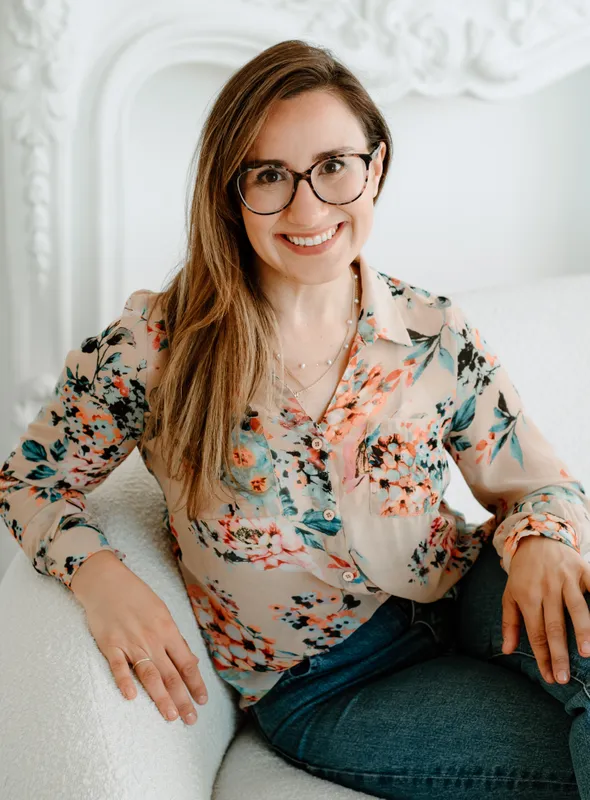
Marlo Drago
Registered Social Worker (ON)

Alex Choi
Registered Social Worker (ON)

Ravonna Littlewood
Registered Social Worker (ON)

Katherine Collins
Registered Psychotherapist (Qualifying) (ON)
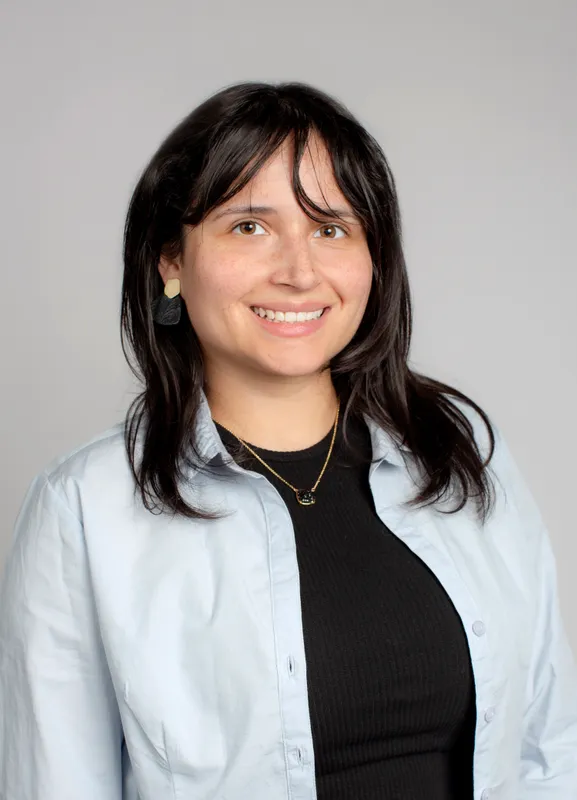
Natasha Milloy
Registered Psychotherapist (Qualifying) (ON)

Amelia Henriquez
Registered Psychotherapist (Qualifying) (ON)
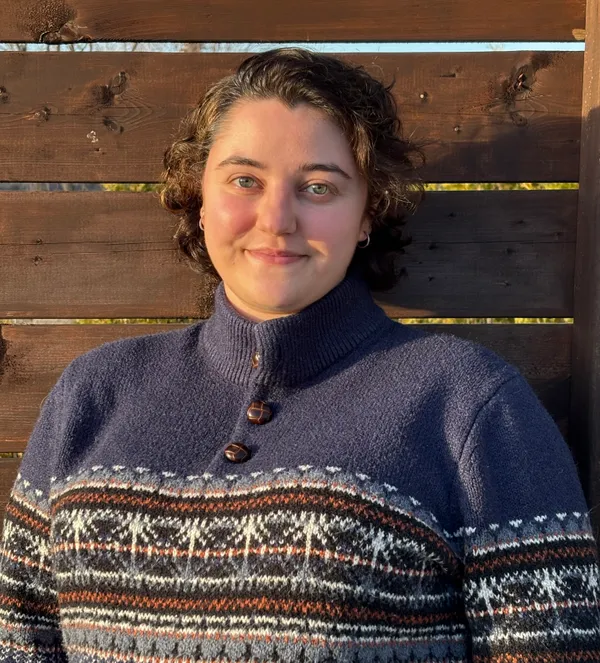
Liv Noël Dakkak
Registered Social Worker (ON)

Esha Jain
Registered Psychotherapist (Qualifying) (ON)

Cassandra Valmestad
Canadian Certified Counsellor
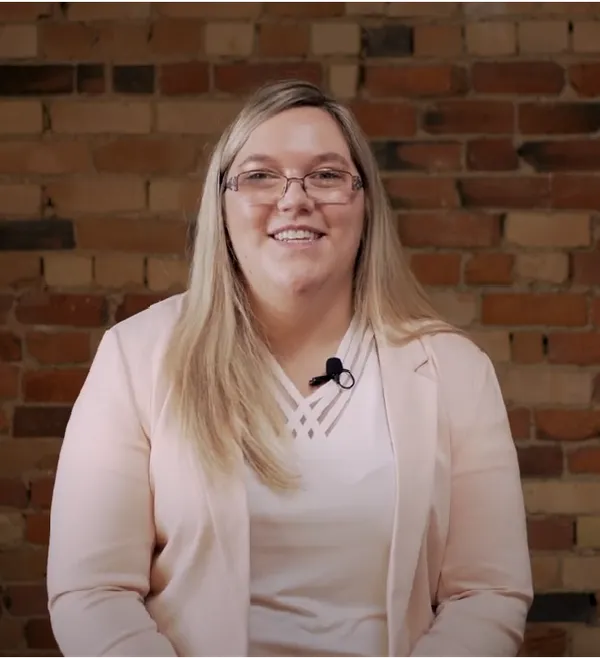
Emily Duggan
Registered Psychotherapist (ON)

Veronica Kozak
Registered Psychotherapist (Qualifying) (ON)
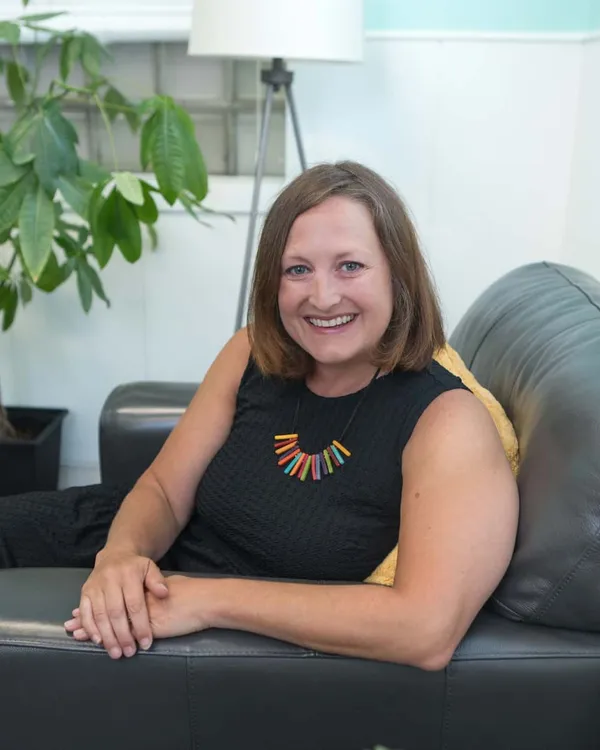
Christine Griffiths
Registered Psychotherapist (ON)
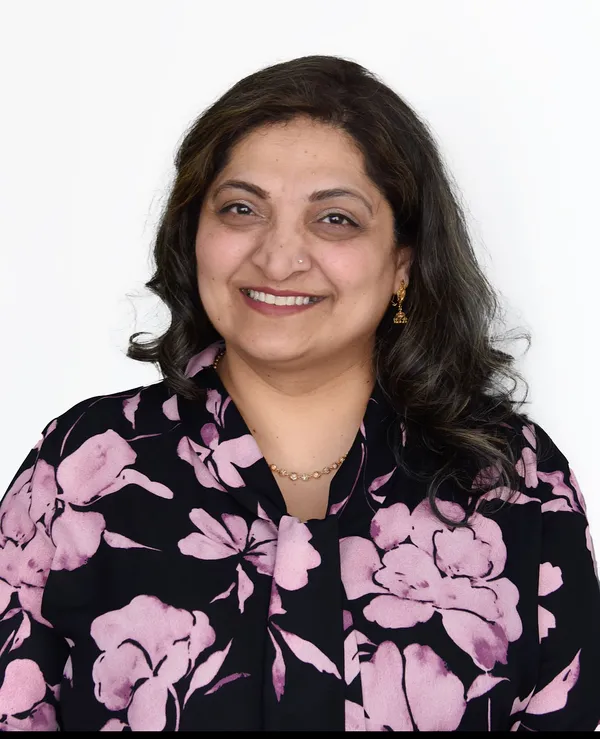
Riffat Yusaf
Registered Psychotherapist (ON)

Penelope Waller Ulmer
Registered Psychologist (AB)
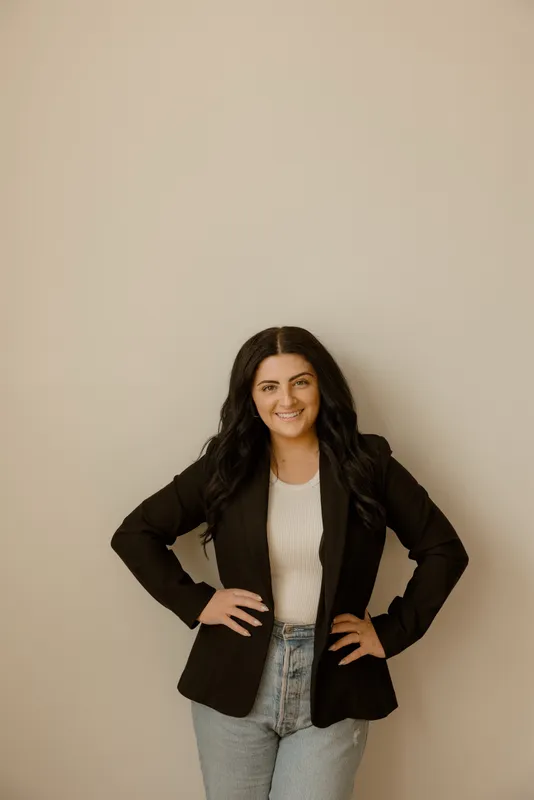
Jessica Sykes
Registered Psychotherapist (Qualifying) (ON)

Peter Wong
Registered Psychotherapist (ON)
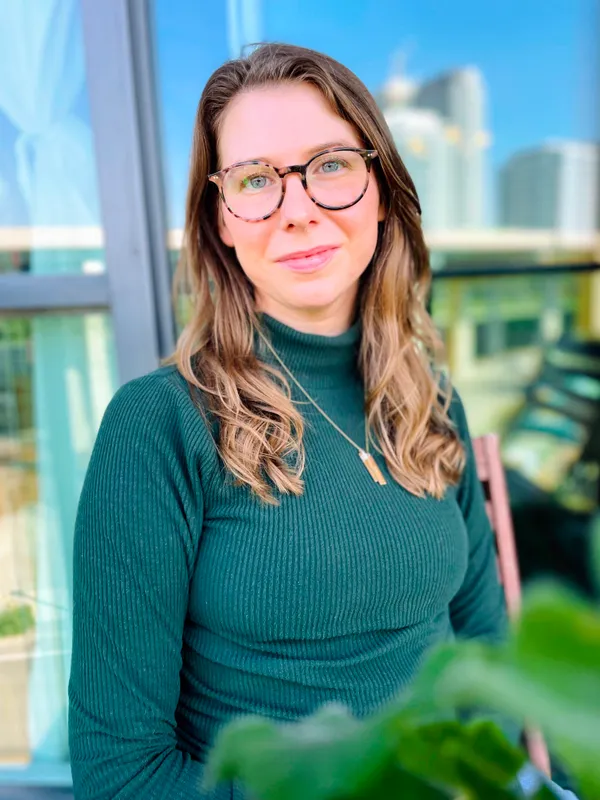
Tina Bells
Registered Psychotherapist (ON)
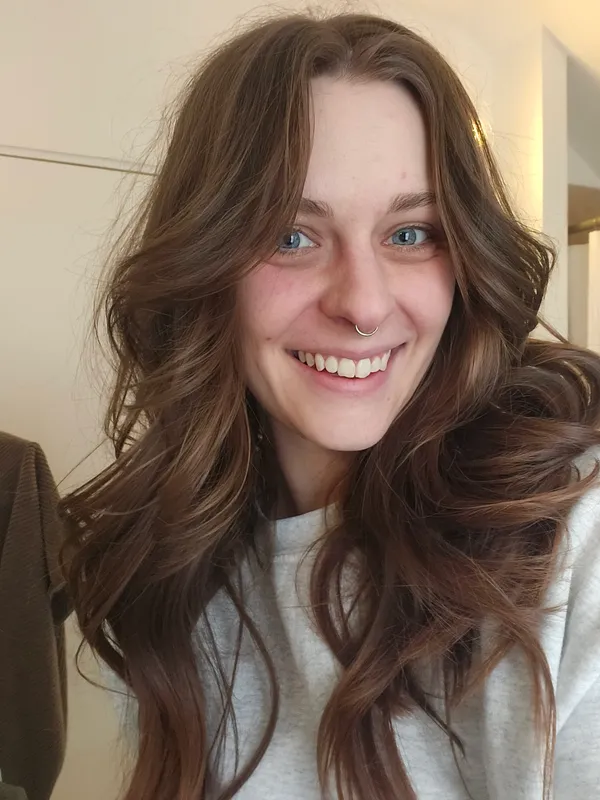
Michaela Leedahl
Registered Social Worker (SK)
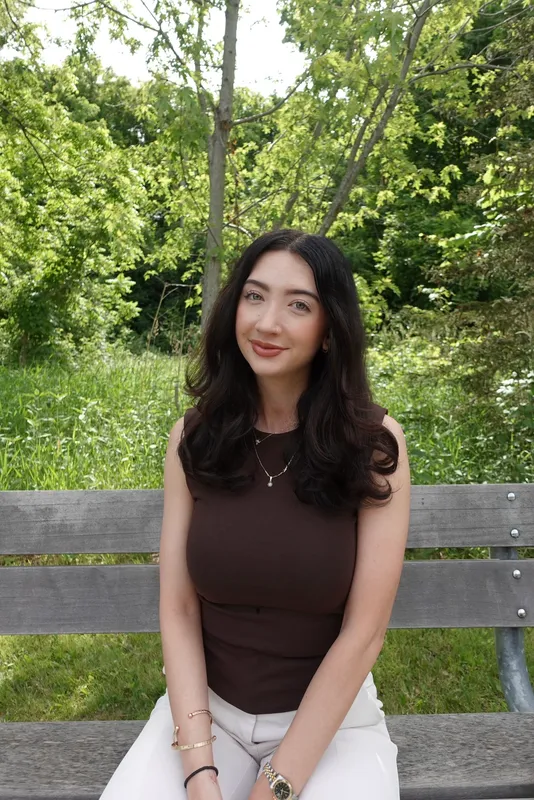
Elena Temelkova
Canadian Certified Counsellor

Marlo Drago
Registered Social Worker (ON)

Alex Choi
Registered Social Worker (ON)

Ravonna Littlewood
Registered Social Worker (ON)

Katherine Collins
Registered Psychotherapist (Qualifying) (ON)

Natasha Milloy
Registered Psychotherapist (Qualifying) (ON)

Amelia Henriquez
Registered Psychotherapist (Qualifying) (ON)

Liv Noël Dakkak
Registered Social Worker (ON)

Esha Jain
Registered Psychotherapist (Qualifying) (ON)

Cassandra Valmestad
Canadian Certified Counsellor

Emily Duggan
Registered Psychotherapist (ON)

Veronica Kozak
Registered Psychotherapist (Qualifying) (ON)

Christine Griffiths
Registered Psychotherapist (ON)

Riffat Yusaf
Registered Psychotherapist (ON)

Penelope Waller Ulmer
Registered Psychologist (AB)

Jessica Sykes
Registered Psychotherapist (Qualifying) (ON)

Peter Wong
Registered Psychotherapist (ON)

Tina Bells
Registered Psychotherapist (ON)

Michaela Leedahl
Registered Social Worker (SK)

Elena Temelkova
Canadian Certified Counsellor






